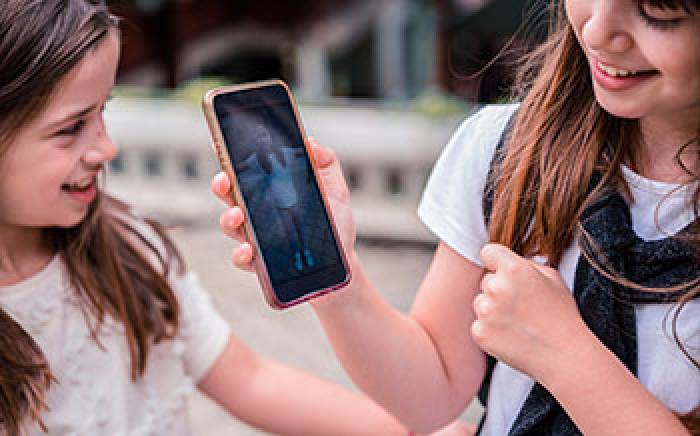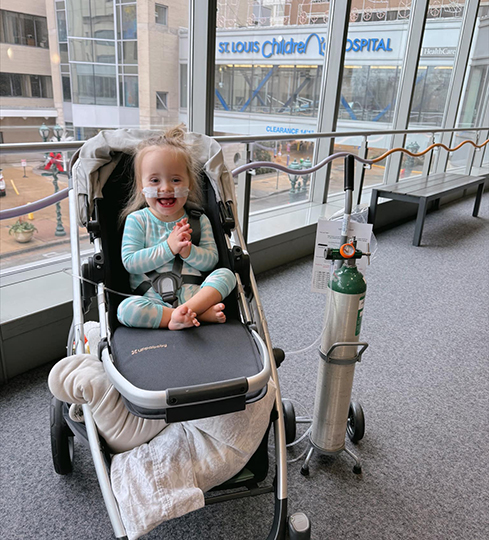Vaccines have nearly wiped out many diseases over the last 50 years. But not all children can be immunized. Here’s how you can help.
Vaccines teach your child’s immune system to fight against future attacks from disease-causing viruses and bacteria by mimicking the disease itself, according to Kristen Bruno, MD, a pediatrician with Purely Pediatrics, a Washington University Clinical Associates practice.
“When a child is exposed to an illness, the vaccine has already helped her immune system create a response,” Dr. Bruno says. “She is less likely to get the disease.”
Some vaccines, such as the vaccine for whooping cough, can’t be given to infants until they’re older than 6 weeks. This means infants are at a higher risk of catching certain diseases. Other children who have problems with their immune systems, such as children with cancer, may not be able to receive some vaccinations, even when they are older.
When healthy children receive their vaccinations on time, it helps protect the entire community from the disease through “herd immunity.”
“When a high number of children have been vaccinated, it protects newborns and children with immune system problems from diseases they can’t defend against,” Dr. Bruno says. “We want to protect the whole community.”
Download our vaccine brochure to learn more about how vaccines help both your child and the children around him.




